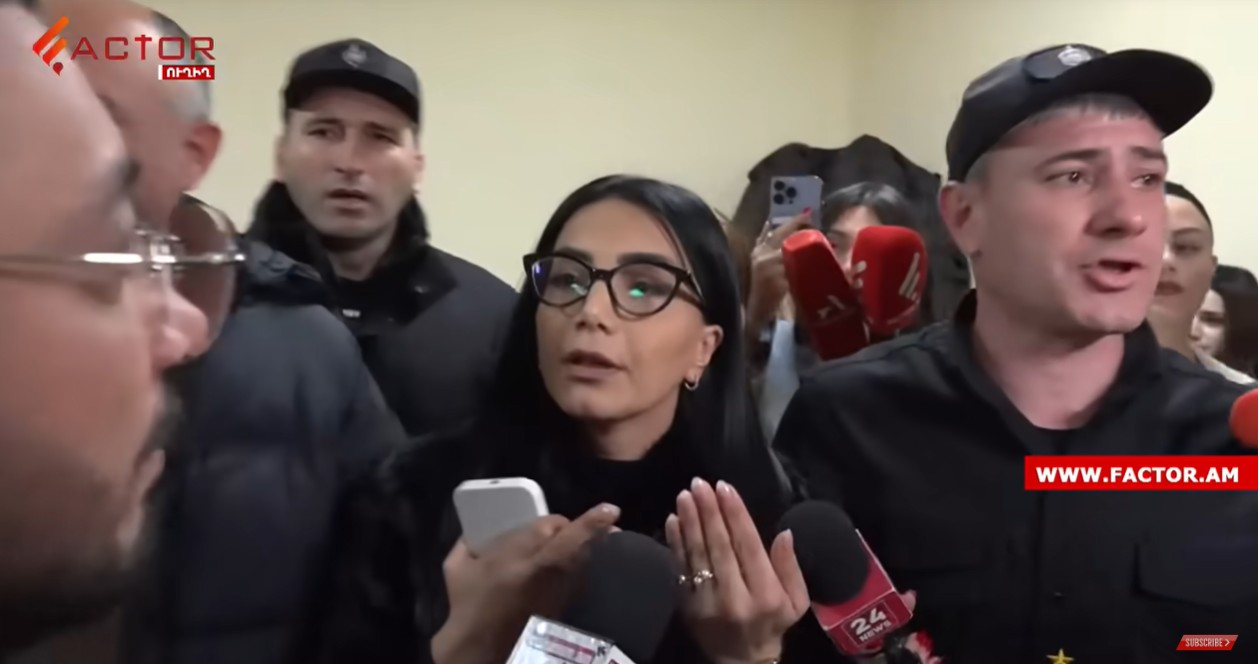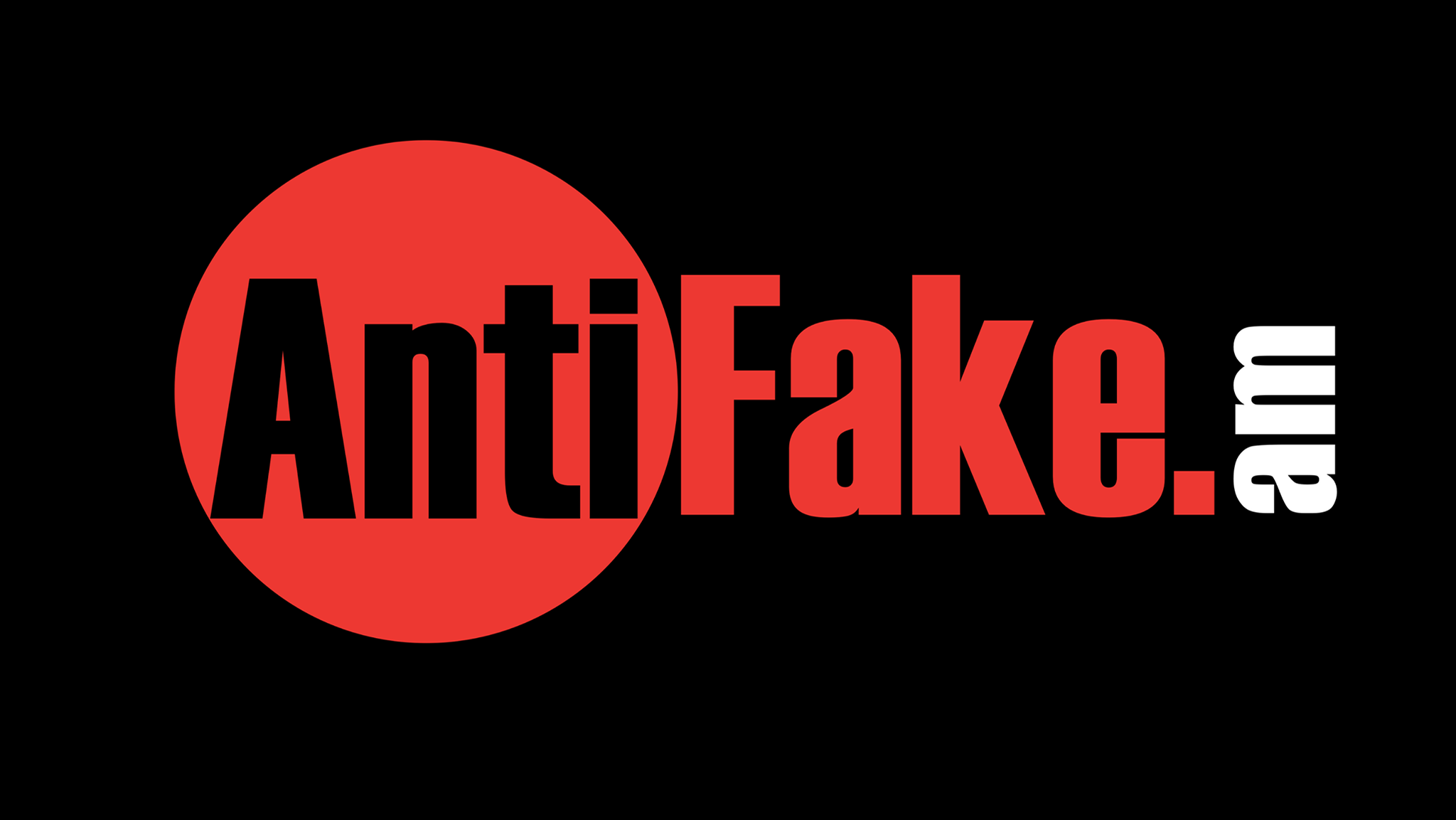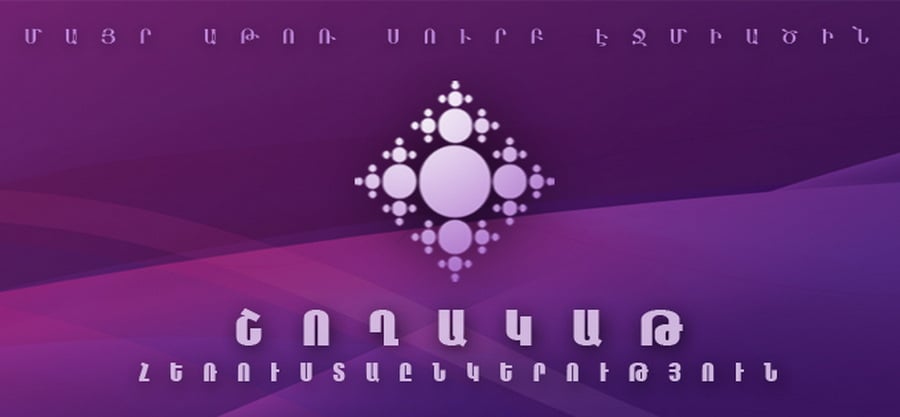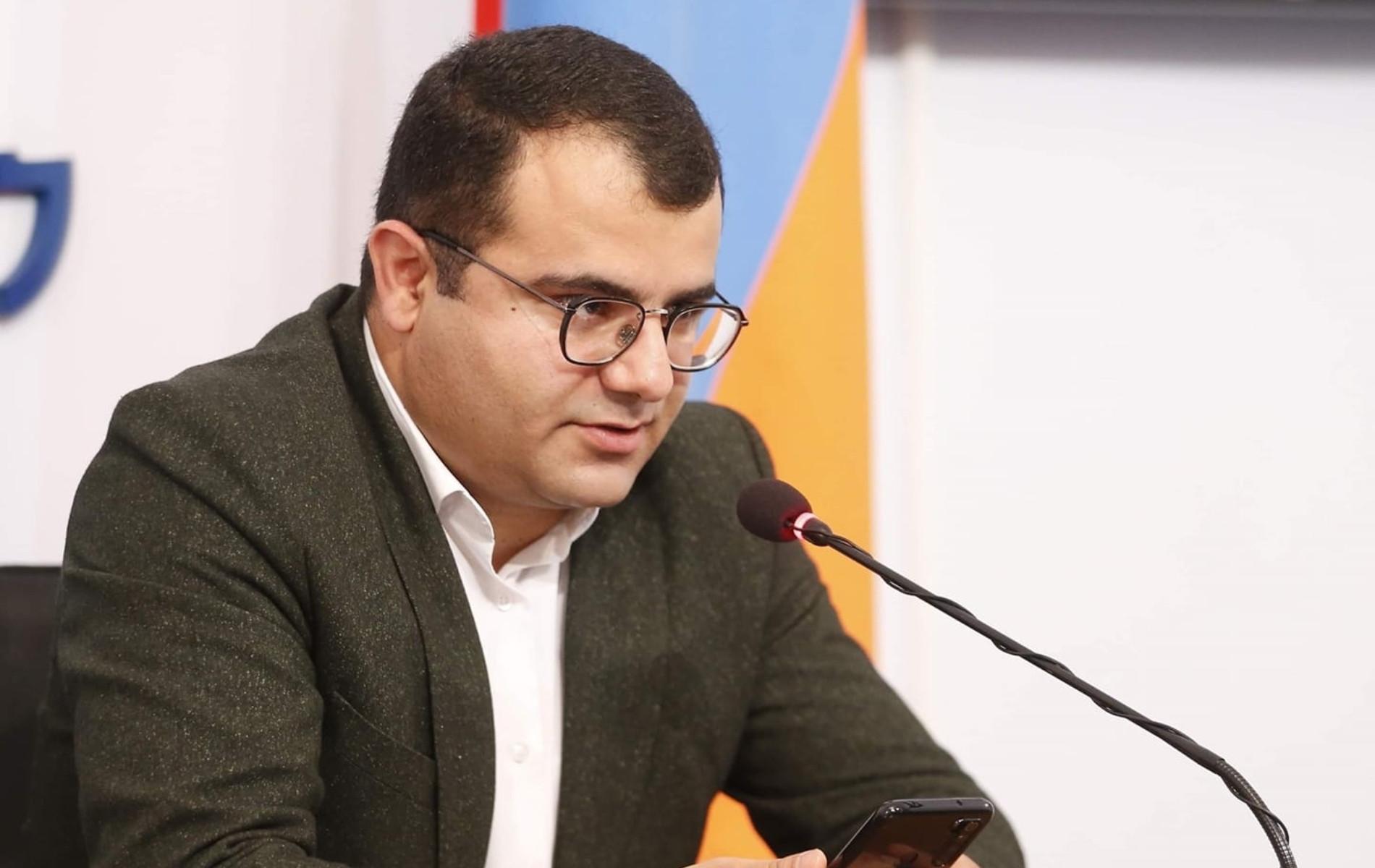The previous government, when preparing for the premiership of Serzh Sargsyan, on February 1 approved the RA draft law on “The structure and activity of the Government”. The initiative of restraining the media outlets through legal changes, ungrounded limitation of their freedom was successful, and on March 23, it was adopted by the NA. So, according to the law, the government sessions should be behind the doors; without the permission by the Prime Minister, the ministers are not allowed to public any information about any issue tackled upon at the sessions.
Before the adoption of the law, the journalists accredited in the Government, followed the live sessions from a special room allocated in the building, and after the session, they had the chance to ask questions to the ministers. With the adoption of the law, the media representatives are deprived of that chance.
Then Minister of Justice Davit Haroutyunyan, who was among the advocates of the law, had his substantiations: “The government holds its sessions behind the doors, which enables being more honest, more critical towards the recommendations made by other members of the government”. With this substantiation, he was insisting that the given approach will ensure democracy within the executive branch.
Vahe Makaryan, journalist from “Hraparak” daily states, “It was obvious, that this was done personally for Serzh Sargsyan, irrespective of Davit Haroutyunyan’s substantiations”.
However, the law did not serve its authors. In fact, it functioned only a month. On April 23, Serzh Sargsyan resigned under the pressure of the people’s wave, and the Head of the new Government Nikol Pashinyan immediately announced about holding the sessions publicly, making the use of the provision in the same law, which enables the Prime Minister to hold the sessions publicly. In the beginning, the journalists were even allowed to be present in the conference hall, which, however, did not last long. On August 9, the journalists again faced the closed doors. According to the official interpretation, it was done for the security purposes.
Sona Haroutyunyan, journalist from “1in.am”, refers to the short-term opportunity given to the journalists, “No single journalist had ever been in the conference hall: that opportunity was given. Then they promised to make available the required state official, but it was done only one day”.
Vahe Makaryan, journalist from “Hraparak”, admits that the journalists presence in the conference hall often impedes the work of the session, “Of course the normal process of the session was disrupted; it is not right to attack the conference hall; as an alternative, they can ensure maximum transparency, especially of the state officials, who are demanded at that moment.”
Narek Kirakosyan, correspondent from “Haikakan zhamanak”, states, “Positive progress is evident, but the communication with the state officials is still limited. The new government also has drawback in answering the inquiries.”
What are the safeguards that one day, in line with the law, the Prime Minister will not forbid live coverage of the sessions? In a conversation with us Arman Yeghoyan, the Prime Minister’s spokesperson rushed to disperse the concerns, “As a person knowing him (the Prime Minister – author) and his political views, I exclude that: based on any expediency, the government sessions cannot be behind the doors”.
By the assessment of the expert community, with such a law it is impossible to ensure accountability and transparency of the government. Journalist Sona Haroutyunyan is reminding that the Government is the place where the journalists have the greatest chance to meet all the ministers and ask them the questions they are interested in. Liana Arakelyan, journalist from Tert.am adds, “The law should clearly say that the sessions are public, because one cannot speak about open and transparent work and close them”.
According to Hovik Aghazaryan, parliamentarian from “Yelq” faction, this law is not in line with the realities and processes that we live in. “Such a limitation cuts the connection of the ruling elite with the people; once again it shields and therefore, the principle of feedback does not work; the ministers do not prepare well for the discussion of this or that issue; they afford liberal manifestations because there is no feedback, and the public cannot assess their activities”.
Nevertheless, the new authorities think that the legislative change is a matter of time, and the former parliamentary majority, which adopted the law, does not consider it a matter of principle.
Deputy Vice-Chair, NA parliamentarian Armen Ashotyan admits that he never thought of changing the law, “I think the government has a priority from this perspective, to understand which is its preferred modus operandi. And, if a strategy was adopted when we were in government, then the new government can adopt a different strategy…. This means that the issue of the sessions being public or behind the doors, when you go into details, is not that fatal. It is a matter of political decision; the same way there are non-negotiable matters, which are not made public after all by this or the other government”.
Lena Nazaryan, head of the NA “Yelq” faction, is convinced that the existing government will remain in the history as the most transparent and the most accountable, however, the law needs to be changed, “It should be always taken into consideration that the governments might change, and the safeguards for the freedom of information should be ensured by law for all times. I think this issue will be raised in the new parliament”.
HASMIK BUDAGHYAN
CPFE expert









